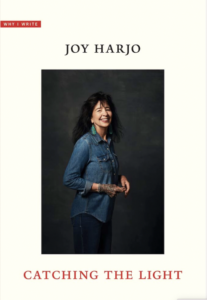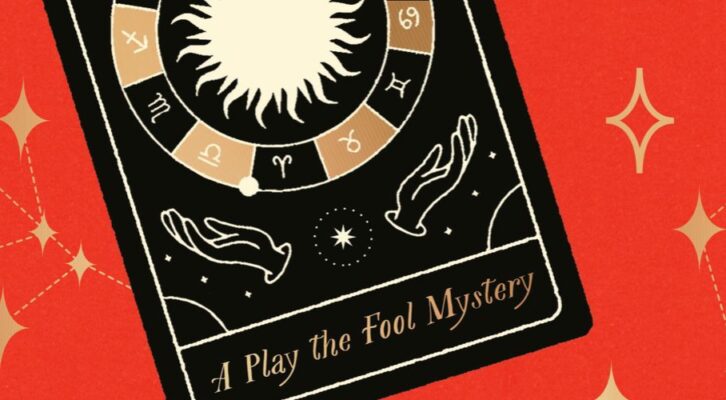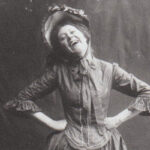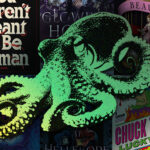Joy Harjo on Listening and Writing with Intention
"The practice is ongoing."
The following is an excerpt from Joy Harjo’s Catching the Light and appeared in Lit Hub’s The Craft of Writing newsletter—sign up here.
In the early years of writing poetry, I faced the same kind of roadblocks as any other poet attempting to make poetry, lacking the experience with technique and craft yet holding an immense belief in the power of words. I read the hottest prevailing writers and poets; I reached back to their predecessors and read, listened, and pondered their work, then wrote forward to the impossible. The process is still pretty much the same, only deeper, and more mysterious. There are levels of mystery that emerge with practice and age. One of the rules of writing that stands throughout time: do not be complacent. Take risks. And most important, listen. Our ears are bent differently based on the culture, environment, and shape of the forming story as we exist in time and place. We flow from the many lines of ancestry we inherit, from family, practice, and place.
*
One of my first real poems appeared to my hands from my imagination to combat fear. It’s not as if the poem suddenly appeared to me, as if in an aural vision, and I transcribed it. That’s not exactly how poetry happens. The materials of a poem or a song come from many places, times, and even memories that might not be your own personal memories. The process of creation begins years before you approach the page or screen. It is a gathering together of perception and sound as you accumulate experience and knowledge on this road of becoming. A gesture will be evocative and implant itself, such as the eyes of a warrior as s/he turns from the last gaze at her/his beloved. Or a black butterfly who came with a message from someone just departed from Earth. Much is gained through nuance, through what is not said, in what is ineffable.
The tools for writing can be sharpened with listening, reading, and practice. The practice is ongoing.
I have always been attracted to poem-songs that have a specific stated purpose, that are made to go out and accomplish a literal task. I think of Louis Oliver, Mvskoke poet who wrote a song in the shape of a snake who was more than a snake. Or translations of older songs from our traditions that can stop a storm, which I will not print here because they would be out of context in time, language, and place and could be dangerous sin a distorted form. Love songs serve similarly, to praise a beloved, or to turn them in your direction. Just as breakup songs serve to sever, even act for revenge.
Poetry is not a career — it is a state of being.That fear poem came during those early days of writing, when I questioned why poetry found a most unlikely companion in me. I didn’t fit anywhere. I was struggling as a full-time student. I had a job researching Native art and was raising two children alone. That was struggle enough; however, there was another plane of consciousness on which I was fighting every night that I lay down to rest. As I slid into the borderlands between waking and sleeping, negative beings attempted to pull me into their darkness. I learned to escape them by using words to make a ladder to bring me back. The words needed force from the gut to give enough power to emerge from their reach, to a place where these beings could no longer exist as a threat. I was told by my poetry self to lift myself up with words, with songs. They would change my being and I could no longer be destroyed by that which wanted to enslave or destroy me.
With each new poem, story, or song, I need to be challenged, opened to the impossible, then restored. This happens with a call-and-response between my spirit and the light of knowing. I ask questions, listen, then find the musical waves upon which to write. I never know where I am going or how I will get there, and that’s the thrill of it.
*
If you look to the traditional power of using words, stories are for teaching, even entrancement, to carry forth memory as truth or fiction. Songs and oratory are used particularly for praise, grief, for planting, growing, to call love or someone to you. Songs can turn a storm, have the power to travel and to assist you while traveling, and are especially potent in your own indigenous language. Words can be manipulated into spells that can make someone pay attention to you, without their will. There are rules against using words to ensnare, or otherwise harm. All depend on oral delight to open a pathway. Every song or poem has purpose, or it would not be living.
*
You can teach the mechanics, the craft, the genres of poetry by referencing the ancestor texts of poetry or by studying the field according to theory, but you cannot make a poet. Poetry is not a career — it is a state of being. You become poetry or are in a state of becoming with poetry. My chronological map of becoming would not be linear, rather it has been crisscrossed with arcs of events, poems, poets, arts, music, all bound and directed by history and memory.
__________________________________

Catching the Light by Joy Harjo is available via Yale University Press.




















